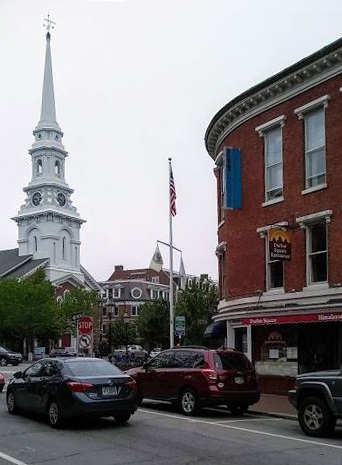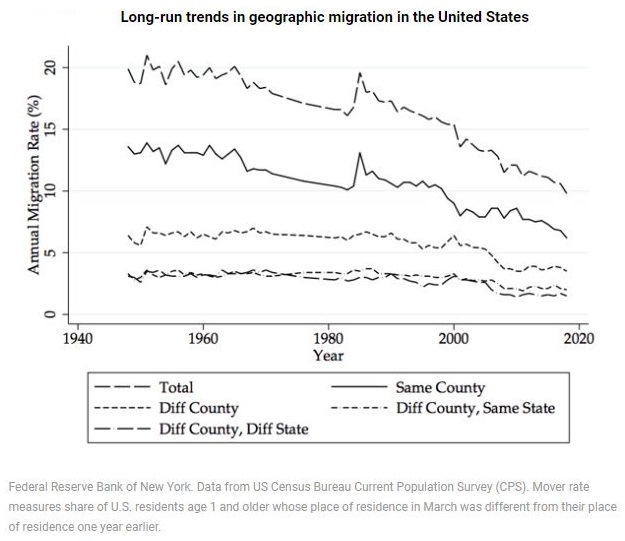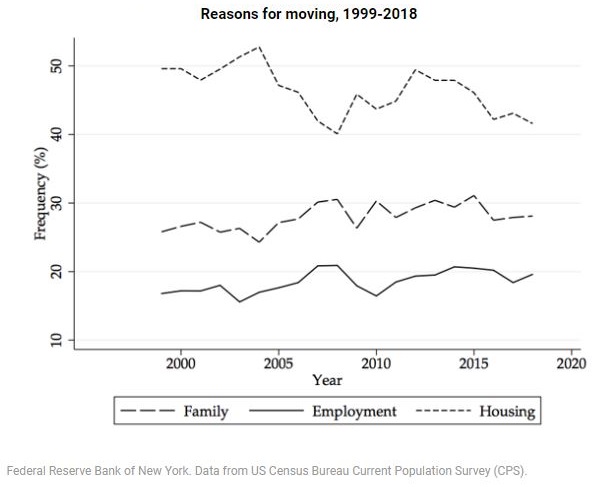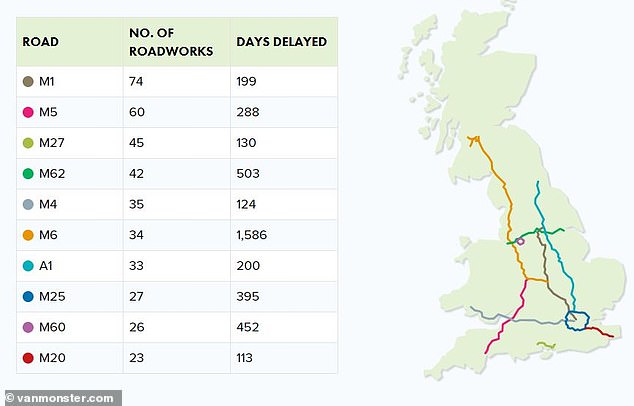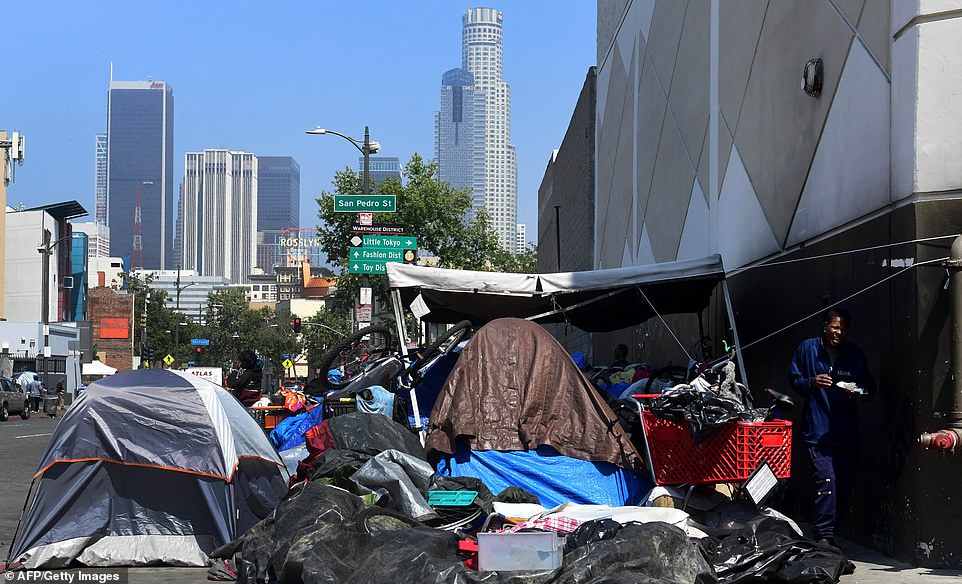Because we flew up to New England and didn’t check any bags, I couldn’t bring a handgun or knife onto the flight because TSA [25,000-word rant deleted] and because they have some strange shitty laws about Texans carrying handguns around New England [250,000-word rant deleted].
Of course, our first full day of vacation was spent shopping in Kittery, Maine — home to a jillion outlet stores — so New Wife was well pleased to spend a morning shopping (as was I, you will see). While she was shopping in the Ladies’ sections, I was off looking at guys’ stuff — and at Eddie Bauer, found a couple of beautiful white cotton shirts (my go-to everyday wear) at 50% off, which made them only a little more expensive than the Target / Wal-Mart equivalent, at much higher quality. (And made in Sri Lanka and not in China, for the win.) Also a summer-lightweight cap from Barbour, at 70% off (making it merely expensive rather than Barbour-price i.e. nosebleed). Then it came time to remove all the price tags and such, which required cutting the little plastic loop thingy on the shirts, and a sturdy piece of string on the cap.
No knife.
Well, I wasn’t going to be put about like that, and because I’ve been to Kittery before, I went over to the giant Kittery Trading Post to buy a knife.

My original intention was really to buy a cheap $10-Made-In-China POS, then just throw it away before getting on the return flight.
Unfortunately, the Trading Post has an excellent selection of lovely knives… and you all know where this is going, right? Here’s the rather old-fashioned Case two-blade pocket knife that followed me out of the store:

I have probably about three or four Case knives at home, and I love all of them: they are the perfect “working” blades, and I have a soft spot for the “sheep’s foot” type (the upright one, for those unfamiliar with the term). So for $35, I now have a(nother) decent pocket-knife, and made in the U.S.A. withal. And yes, it’s a fingernail-opener rather than the modern button-opener type; don’t care.
And I’ll just have to check my bag when we fly back, because I’m not going to risk having this lovely little thing confiscated by the Airport Gestapo.
En passant: KIttery Trading Post has an excellent selection of lightly-used second-hand rifles, so I did spend a little quite a long time browsing that aisle. New Wife of course was shopping downstairs in the Ladies Department, so the trip ended up costing a little rather more than $35. Don’t care about that either. All worth it.

